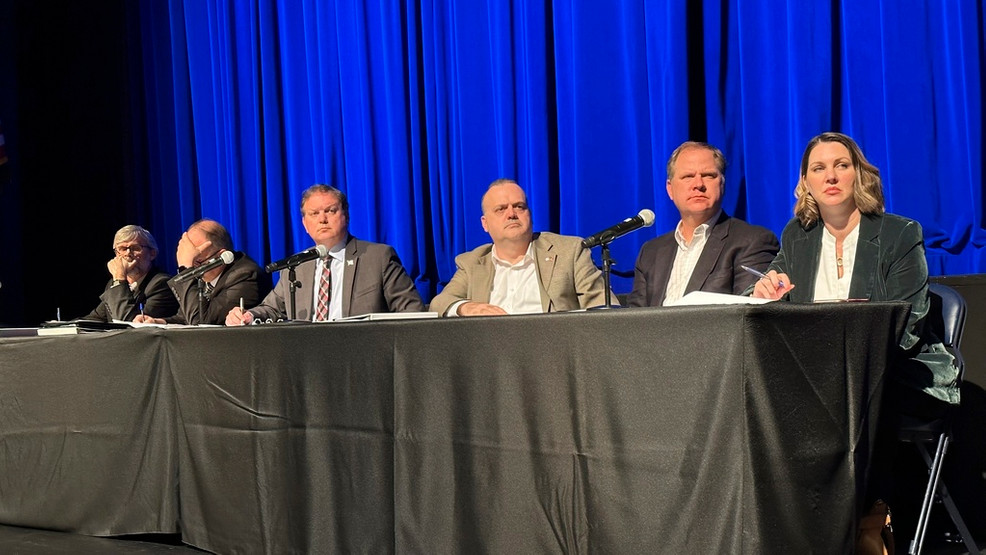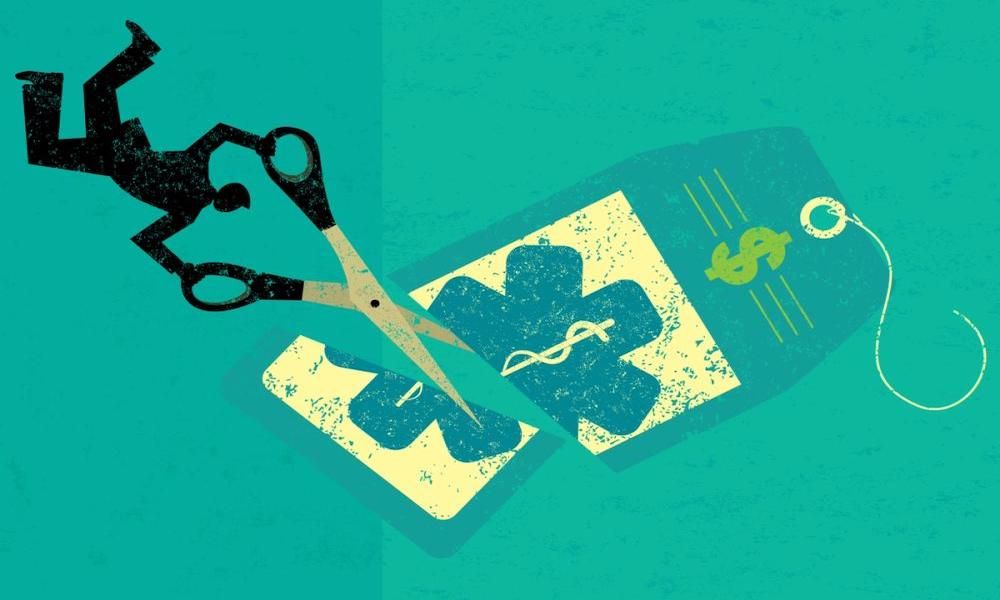West Virginia Workers Resist Second Insurance Hike Post-Strike

– The Public Employees Insurance Agency, which manages health insurance for over 200,000 government workers in West Virginia, is proposing a premium increase that would amount to a 35% hike in two years. This proposal comes despite recent tax cuts and raises for state employees, and amidst feedback from workers stating that they cannot afford such increases. The agency was facing a $376 million deficit earlier this year.
– Five years ago, public school employees went on strike over rising healthcare costs. Despite this, and the creation of a task force to study the issue of the Public Employees Insurance Agency’s solvency, no significant policy changes were made to stabilize the budget. The proposed premiums increase is in contradiction with the promise made by Republican Governor Jim Justice in 2021, asserting that premiums would not increase during his term.
– The proposed increase has been met with opposition, with critics arguing that the raises do not match up to the proposed hike in health insurance premiums. West Virginia teachers are among the lowest-paid in the nation, and retired employees not yet eligible for Medicare and city and county employees insured by the agency would also be impacted by the increases.
West Virginia Government Employees Face Health Insurance Premium Hike
The Public Employees Insurance Agency (PEIA), responsible for the health insurance of over 200,000 West Virginia government employees, is under pressure due to proposed increases in premiums. This comes five years after a strike initiated by public school workers in response to escalating healthcare costs.
PEIA suggests a premium surge, culminating in a 35% rise over two years for state workers. Employees voiced concerns during public hearings this week, stating the hikes are unaffordable despite recent pay raises and tax cuts.
Casey Lockerbie, a teacher, argued in a virtual hearing that her earnings have fallen compared to last year due to the proposed hikes, even after receiving a raise. Lockerbie expressed that this isn’t the right solution for PEIA funding, considering it deters potential employees from joining the state workforce.
Earlier this year, the health insurance agency encountered a $376 million deficit, leading the GOP supermajority state legislature to pass a bill increasing state employee health insurance premiums by approximately 25% in July. The legislation also involves an approximate $150 surcharge for spouses opting into the state plan, resisting their employer’s insurance.
The law necessitates that PEIA implements an 80-20 cost split between employer and employees. The proposed plan signifies an additional 10.5% surge in state employees’ premiums for the next July. The agency’s finance board plans a final vote in December, following public hearings throughout the state to gather feedback.
Republican Gov. Jim Justice vowed in 2021 not to allow premium increases, making the second year of the proposed hikes controversial. In 2018, West Virginia school employees staged their first strike in two years, primarily due to concerns about PEIA’s long-term financial viability.
According to Justice, the hikes are balanced by pay raises, including a $2,300 increase this year for state employees. He also proposes an additional 5% raise next year to offset costs. Moreover, he signed a law this year to slash state income tax by an average of 21.25% across brackets.
However, critics argue that these raises aren’t sufficient, particularly as West Virginia teachers rank among the nation’s lowest-paid. In a recent Charleston hearing, school service personnel union leader Joe White urged the finance board to consider the human impact of these costs.
Retired, non-Medicare-eligible employees, along with city and county employees insured by the agency, are also expected to experience these increases.
—
Read More Health & Wellness News ; US News


Leave a Comment